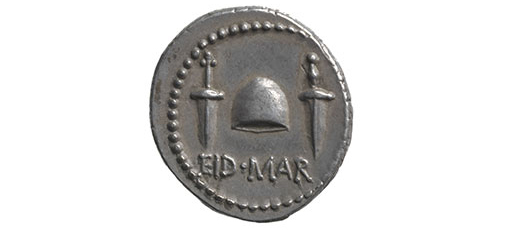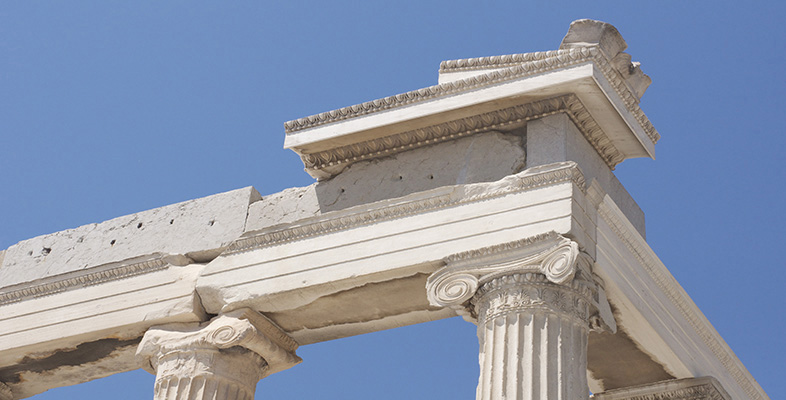Discovering Ancient Greek and Latin
Introduction
Learn the basics of either Ancient Greek or Latin with this OpenLearn course.
Knowledge of classical Greek or Latin is essential for anyone wanting to get beneath the skin of the cultures of ancient Greece and Rome. This free course provides a taste of what learning Latin and Greek entails by taking you on the first steps of the journey towards learning these classical languages. It has been written with beginners in mind, especially those who have encountered the classical world through translations of Greek and Latin texts and wish to know more about the languages in which these works were composed. If you have looked at a classical text in the original language, you may recognise the gap that can exist between 1) possessing the ‘tools of the trade’ for reading ancient languages – such as a text, a dictionary, a commentary and a translation – and 2) actually being able to read the language! The aim of this material is to help you bridge this gap by introducing some of the linguistic skills required to navigate a passage of Latin, Ancient Greek or both.
Note that in this course all Greek is presented twice, first in Greek letters and secondly ‘transliterated’ into English letters. You can therefore study this material without knowledge of the Greek alphabet. You may, however, wish to acquire some knowledge of the alphabet and pronunciation before you begin, by looking at Introducing Ancient Greek [Tip: hold Ctrl and click a link to open it in a new tab. (Hide tip)] .
If you are interested in the pronunciation of Latin, you may wish to look at Introducing Latin before you begin this course.
Note that references to the Greek language in this course are to Ancient Greek rather than modern.

This OpenLearn course is an adapted extract from the Open University course A275 Reading Classical Greek: language and literature.
